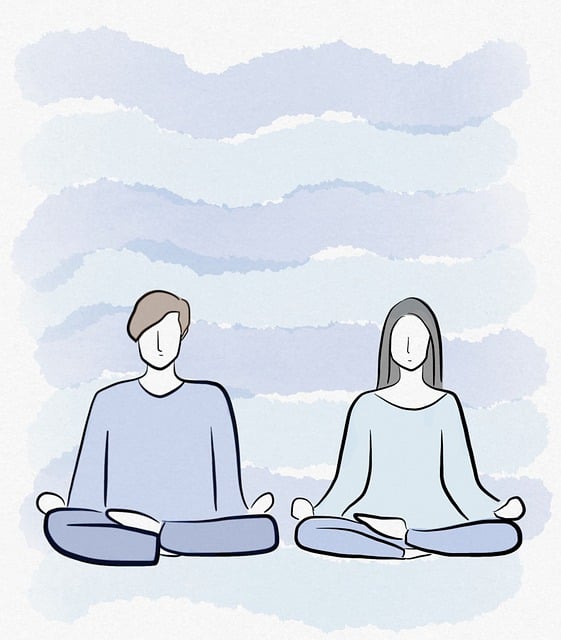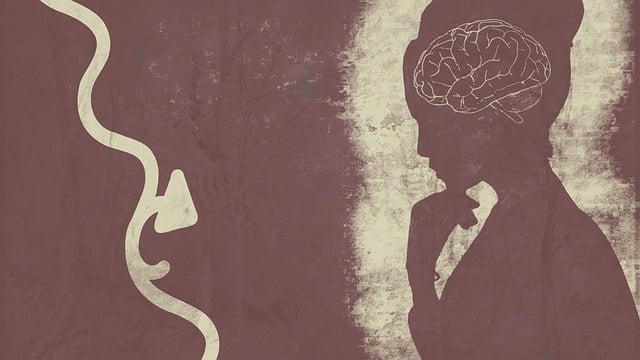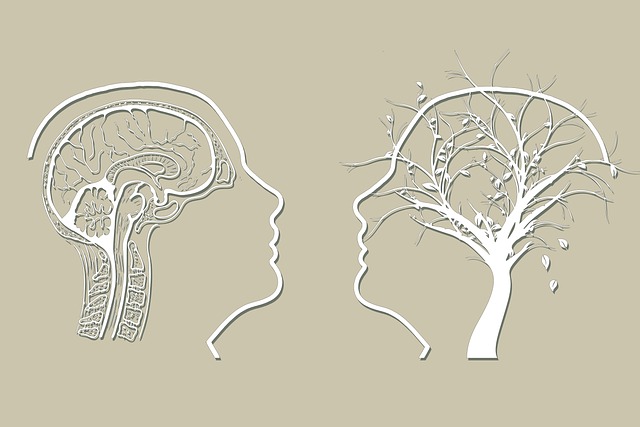Mindfulness meditation is a powerful therapy for elderly individuals, promoting emotional well-being by fostering mental focus and presence in the moment. It reduces stress, anxiety, and depression, enhances cognitive health, and improves sleep patterns. Starting with brief sessions focusing on breath or bodily sensations makes it accessible for seniors. Regular practice leads to improved memory, attention, decision-making, and overall mood, cultivating a sense of peace that positively impacts daily life. Creating a dedicated, peaceful space and using techniques like deep breathing and visualization enhances emotional well-being and prevents burnout, ultimately fostering resilience and life satisfaction.
Mindfulness meditation offers a powerful therapy for elderly individuals, promoting cognitive health and overall wellbeing in aging. This practice has gained significant attention for its ability to calm minds, reduce stress, and enhance focus. In this guide, we explore how mindfulness can be a game-changer for seniors, covering topics from understanding its benefits to setting up the perfect environment and integrating it into daily routines. Discover effective techniques to unlock the potential of mindfulness as a long-term solution for mental health and clarity.
- Understanding Mindfulness Meditation for Elderly Individuals
- The Benefits of Mindfulness in Aging and Cognitive Health
- Setting Up a Suitable Environment for Practice
- Techniques and Exercises for a Effective Session
- Integrating Mindfulness into Daily Routines for Long-term Wellbeing
Understanding Mindfulness Meditation for Elderly Individuals

Mindfulness meditation offers a simple yet powerful therapy for elderly individuals to enhance their emotional well-being. As our minds age, they can benefit from training that encourages focus and presence in the moment, letting go of past regrets or future worries. This ancient practice allows seniors to cultivate a deeper sense of calm and awareness, improving mental clarity and overall satisfaction with life. By integrating mindfulness into their daily routines, older adults can reduce stress, alleviate symptoms of anxiety and depression, and even support healthier sleep patterns.
For those who might find traditional meditation challenging, starting small is key. Encouraging elderly individuals to begin with just a few minutes each day, focusing on their breath or the sensations in their bodies, can make mindfulness more accessible. Incorporating this practice into their morning or bedtime routines, for instance, can provide consistent opportunities for mental wellness journaling exercises and burnout prevention strategies for healthcare providers caring for them.
The Benefits of Mindfulness in Aging and Cognitive Health

Mindfulness meditation has gained significant attention as a valuable tool for seniors seeking to enhance their quality of life and cognitive health. As individuals age, maintaining mental acuity and emotional well-being becomes increasingly important. Regular mindfulness practice offers a natural and effective way to support these aspects. Research suggests that mindfulness therapy for elders can reduce symptoms of anxiety and depression, promoting inner strength development. By focusing on the present moment, seniors can cultivate a sense of calm and improve their overall mood.
Moreover, this ancient practice has been shown to stimulate cognitive functions and may even delay the onset of age-related cognitive decline. Incorporating mindfulness into a self-care routine development for better mental health can lead to improved memory, attention, and decision-making abilities. It encourages individuals to embrace the present without judgment, fostering a sense of peace that can positively impact their daily lives and overall sense of fulfillment.
Setting Up a Suitable Environment for Practice

Creating a dedicated space for mindfulness meditation is an essential step for elders seeking therapy and embracing self-care routines for better mental health. The environment plays a crucial role in setting the tone for your practice, allowing you to fully immerse yourself in the present moment. Consider transforming a quiet corner of your home into a peaceful sanctuary. Soft lighting, comfortable seating, and minimal clutter can contribute to a serene atmosphere. Natural elements like plants or a small water feature can enhance the calming effect, making it easier to relax and focus.
A suitable environment encourages regular practice, which is vital for building resilience. By setting aside specific time each day in this tranquil space, you establish a consistent meditation routine. This dedicated area serves as a reminder of your commitment to self-care, fostering discipline and consistency—key aspects of mindfulness meditation that contribute to overall well-being.
Techniques and Exercises for a Effective Session

For an effective mindfulness meditation session tailored for elder therapy, start by finding a quiet and comfortable space free from distractions. Techniques such as deep breathing exercises, where one focuses on inhaling and exhaling slowly and deeply, can help calm the mind and body. Visualisation practices, like imagining peaceful scenes or using guided meditations, are also beneficial. These exercises not only enhance emotional well-being promotion techniques but also serve as burnout prevention strategies.
Public awareness campaigns development has highlighted the importance of mindfulness in daily life, especially for older adults. Incorporate body scans, where one pays attention to different parts of the body, or mindful walking, engaging all senses while moving, into your routine. These practices help cultivate a sense of presence and can significantly contribute to overall mental clarity. Remember, consistency is key; regular practice will deepen your meditation experience and foster a stronger connection with yourself.
Integrating Mindfulness into Daily Routines for Long-term Wellbeing

Integrating mindfulness into daily routines can significantly enhance long-term wellbeing, especially for elderly individuals seeking therapy. Mindfulness meditation practices allow folks to cultivate present-moment awareness, fostering emotional well-being promotion techniques and stress reduction methods that can be easily incorporated into their morning routines or quiet evenings. By dedicating just a few minutes each day to mindful breathing exercises or body scans, elders can experience improved mental health policy analysis and advocacy, leading to greater resilience and overall life satisfaction.
This simple yet powerful approach encourages a deeper connection with one’s thoughts and feelings, enabling individuals to navigate life’s challenges with more clarity and composure. Incorporating mindfulness into daily life isn’t about transforming into a different person; it’s about cultivating a deeper sense of self-awareness and inner calm that can significantly contribute to overall mental health and wellbeing.
Mindfulness meditation offers a powerful therapy for elderly individuals, enhancing cognitive health and overall wellbeing. By understanding its benefits, setting up a suitable practice environment, and integrating techniques into daily routines, elders can experience the profound effects of mindfulness for a more fulfilling life. This simple yet effective approach allows them to navigate aging with greater ease, improving mental clarity and promoting a sense of calm. Incorporating mindfulness into their lives can be a game-changer, helping seniors stay connected and embrace the journey of aging with grace.








